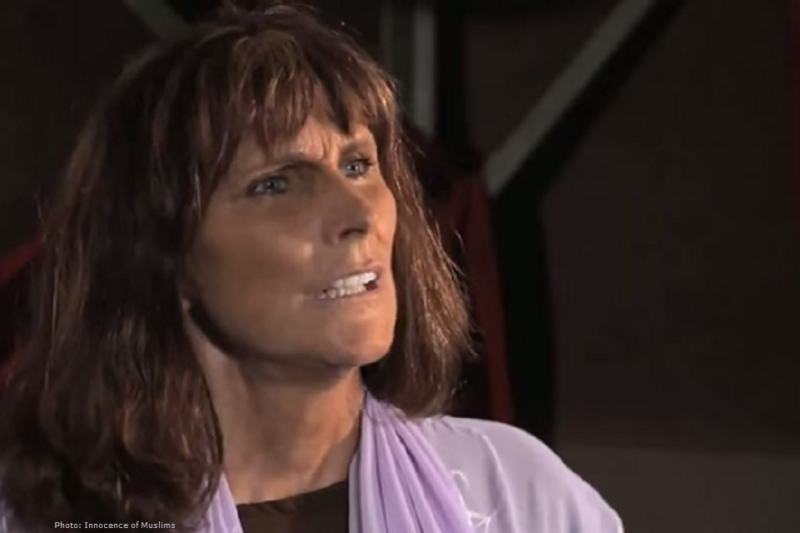
Fifteen months ago, I wrote about a terrible decision by a federal appeals court, which secretly ordered Google and YouTube to remove all copies of a controversial and newsworthy film from their online platforms.
This original panel of judges (wrongly) held that an actress who appeared for a few seconds in the controversial "film" "The Innocence of Muslims" had an enforceable right under copyright law to get the whole movie taken offline. The court then ordered the movie completely erased from the digital world — under a gag order, to boot. When we at the ACLU finally found out — after the censorship has been silently carried out in the night — we joined other civil liberties and library groups in petitioning the full 9th U.S. Circuit Court of Appeals to reconsider its decision in what's called an en banc review, arguing that the copyright claim in this case was an unacceptable Trojan Horse within the citadel of the First Amendment.
This week, the court : The long dark takedown of "Innocence" is finally over.
The initial fight was between an actress, Cindy Lee Garcia, and writer-director Mark Basseley Youssef (who also uses a few aliases – rarely a good sign in a business relationship). Youssef paid Garcia to say a few innocuous lines for a fictional film he never made. Instead, he dubbed some repellant content over her two lines and incorporated this five-second clip into a 13-minute trailer advertising "The Innocence of Muslims," Youssef's polemic against the Prophet Mohammed. The promised film was intended to provoke — and it did. There were riots. The film was blamed for the attack on Benghazi. Garcia received death threats. She sued.
We should never cede our First Amendement rights to those who would match words with weapons.
As I said before, I have a ton of sympathy for Garcia — who was, in the words of the court, clearly "bamboozled." Did she have claims for fraud, torts, breach of contract? Absolutely. Did she have a right to have a video at the center of a roiling public policy debate erased from the historical record? Absolutely not.
Fortunately, nearly everyone on the 9th Circuit saw the error of granting the initial copyright claim to the detriment of the public's right to watch this (badly produced and racist) film. Judge McKeown nicely summed up the first opinion's error by noting that it "gave short shrift to the First Amendment values at stake." Damn right.
But one judge had even sharper words for his colleagues: Judge Reinhardt, known as a cantankerous liberal lion on the court, was the lone voice (PDF) for taking 15 whole months to reverse the initial ill-considered copyright takedown. He wisely wrote:
By leaving in place the panel's unprecedented gag order for well over a year, we surrendered to the threats of religious extremists who were offended by the film. For a United States court to do so was anathema to the principles underlying the First Amendment.
And that point is worth a special note. In recent weeks, we've heard many calls for censorship against Pamela Geller and her organization American Freedom Defense Initiative, which hosted a "draw Mohammed" cartoon contest in Texas at which officers were shot at and the two would-be attackers were killed. Those calling her actions "" or "" imply, dangerously, that the resulting violence justifies government censorship of her provocative words. And the original opinion in the Garcia case came perilously close to the same conclusion: that the death threats against Ms. Garcia justified the censorship of the public record.
Fortunately, as the court has now confirmed, our Constitution prevents those ideas from gaining traction. We don't give violent hecklers a veto over nonviolent speech. Period.
As Judge Reinhardt wrote with more than a soupçon of snark, "Although amateurish, offensive, and banned in many undemocratic countries, Innocence of Muslims is a film of enormous political, social, and religious interest." Our First Amendment sets us apart because it gives us the right and the privilege to see, hear, and react to newsworthy content. Including — and especially — terrible ideas.
And we should never cede that power to those who would match words with weapons.


